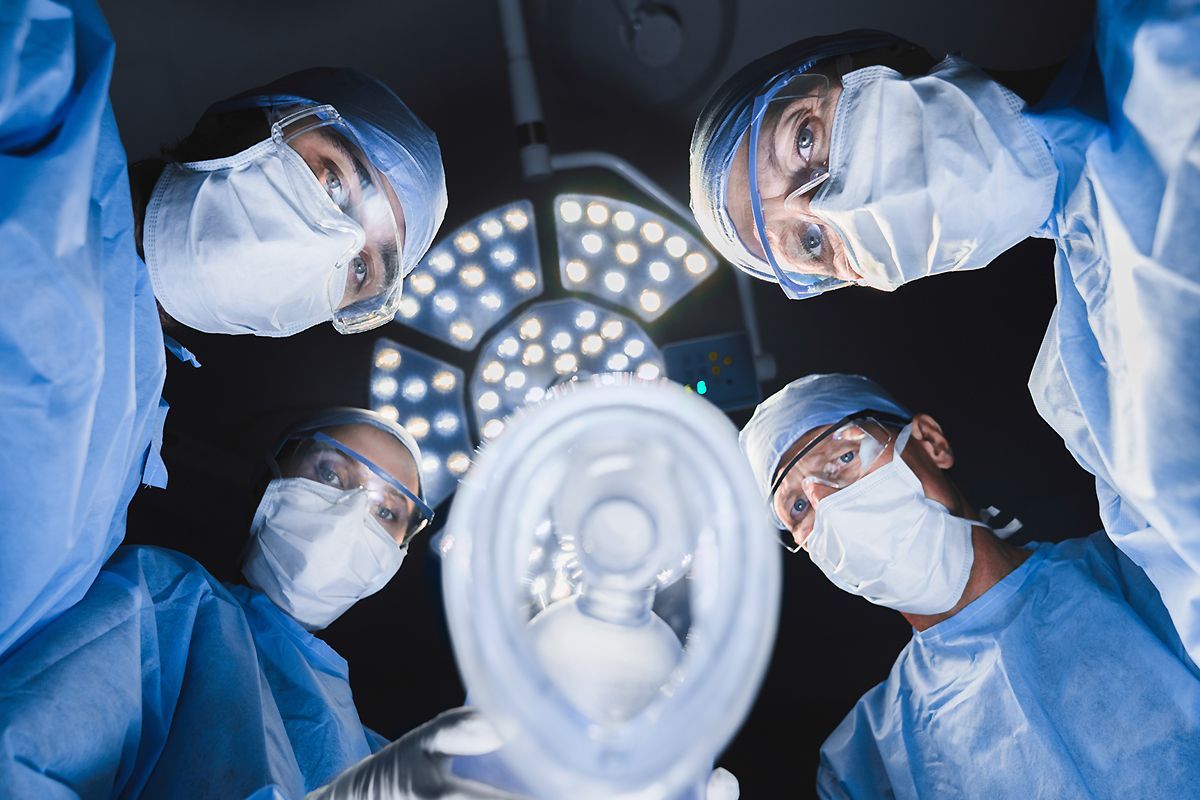Getting Surgery Ready: Do's and Don'ts Checklist for a Successful Outcome and Recovery

Undergoing plastic surgery is a significant decision and a transformative journey. It requires careful planning and preparation to ensure the best possible outcome. As you get ready for your procedure, there are several steps you can take to ensure your safety, comfort, and overall surgical experience.
Prepare for your plastic surgery with this checklist of do's and don'ts for the weeks and days leading up to your procedure. Covering medical considerations and lifestyle adjustments, these guidelines will help you approach your surgery with confidence and peace of mind.
4 to 6 Weeks Out
- DO Start with a Clear and Honest Consultation
Your journey should start with an in-depth consultation with your plastic surgeon. Be completely open about your medical history, current medications, and lifestyle habits. This is not the time for half-truths; your safety and the success of your surgery depend on this honesty.
- DO NOT Smoke or Vape
From at least four weeks prior to your surgery, it's crucial to avoid smoking or vaping. Both activities can significantly impair your body's ability to heal, increasing the risk of complications during and after your procedure. Nicotine constricts blood vessels, compromising blood flow to healing tissues, which is why it’s a big no-no.
- DO Fortify Your Body
Think of your body as the site for the upcoming 'construction'. You’ll want it to be in tip-top condition. Focus on a balanced diet, rich in vitamins and proteins, to bolster your immune system. A healthy body means a smoother recovery.
3 Weeks Out
- DO NOT Engage in Dental Work
It might seem unrelated but refrain from having dental work or even a routine teeth cleaning three weeks before your surgery. Any infection in your teeth or gums can easily spread to other parts of your body, potentially complicating your surgery.
- DO Inform Your Physician About Your Supplements and Medications
Some over-the-counter products can thin your blood, which isn't ideal during surgery. Make a comprehensive list of everything you take — yes, even that seemingly harmless herbal supplement — and review it with your surgeon.
2 Weeks Out
- DO NOT Take Aspirin or Certain Anti-inflammatory Drugs*
Aspirin and certain anti-inflammatory drugs can increase bleeding, hence they should be avoided. Your surgeon will provide you with a list of medications to steer clear of. If you need pain relief, opt for alternatives recommended by your surgeon.
* Note: If you are taking aspirin for a specific medical reason, the duration of time
you should remain off it will be determined by the clearing physician. Our
general recommendation is to avoid it, but please consult with your healthcare
provider for personalized guidance.
- DO Plan Your Recovery Area
Prepping your recovery area is like setting up a nest where you’ll be comfortable and cared for. Stock up on plenty of pillows, and have essential items within arm’s reach. Also, arrange for someone to assist you, as you'll initially need help with daily tasks.
One Week Out
- DO Hydrate and Maintain a Healthy Lifestyle
Keep your body hydrated and continue eating a nutritious diet. Staying in good physical shape will assist your recovery.
- DO NOT Ignore Pre-Op Instructions
Your surgeon will provide specific instructions on fasting before surgery, what to wear on the day of the procedure, and other important details. It is crucial to follow these instructions precisely, as they are designed to minimize risks during your procedure.
The Day Before Surgery
- DO Confirm Your Transportation and Aftercare
Confirm who will be taking you to the surgery center and bringing you back. Also, make sure your at-home care is arranged, whether it's with a professional nurse, friend, or a loved one.
- DO NOT Indulge in a Last-minute Feast
Avoid consuming any alcohol or foods that might cause bloating or discomfort. You want your body to be in the most relaxed and normal state possible.
Surgery Day
- DO Arrive Comfortably Dressed
Wear loose, comfortable clothing that's easy to take off and put on post-surgery. Ideally, choose items that don't need to be pulled over your head.
- DO NOT Wear Makeup, Jewelry, or Contact Lenses
Arrive with a clean face. Makeup, jewelry, and contact lenses must be left at home. These items can contain bacteria and potentially cause complications during your surgery
.
Post-Op: The Road to Recovery
- DO Follow Your Plastic Surgeon's Aftercare Instructions
Every procedure has its unique post-op care routine. Whether it’s about managing drains, taking prescribed medications, or attending follow-up appointments, adhering to these instructions is pivotal for your recovery and results.
- DO NOT Rush Your Recovery
It’s natural to feel impatient to see the new you, but allow your body the time it needs to heal. Avoid strenuous activities and follow your surgeon's guidance on when it's safe to resume normal activities.
Your plastic surgery journey starts long before you step into the operating room. These essential dos and don'ts will pave the way for a smoother procedure and a successful result. Keep the communication flowing with your surgeon and care team – they’re your partners in this exciting transformation. Remember, patience and preparation are your best friends as you embark on this beauty journey.
Ready for a New You? Call or Text Us to Get Started!
Dr. Sean Saadat is a Beverly Hills Plastic Surgeon specializing in advanced facial and body rejuvenation techniques. Schedule a virtual or in-person consultation to discuss your unique beauty goals with Dr. Sean: Text or Call (310) 269-7173 or Email: contact@drseanplasticsurgery.com










